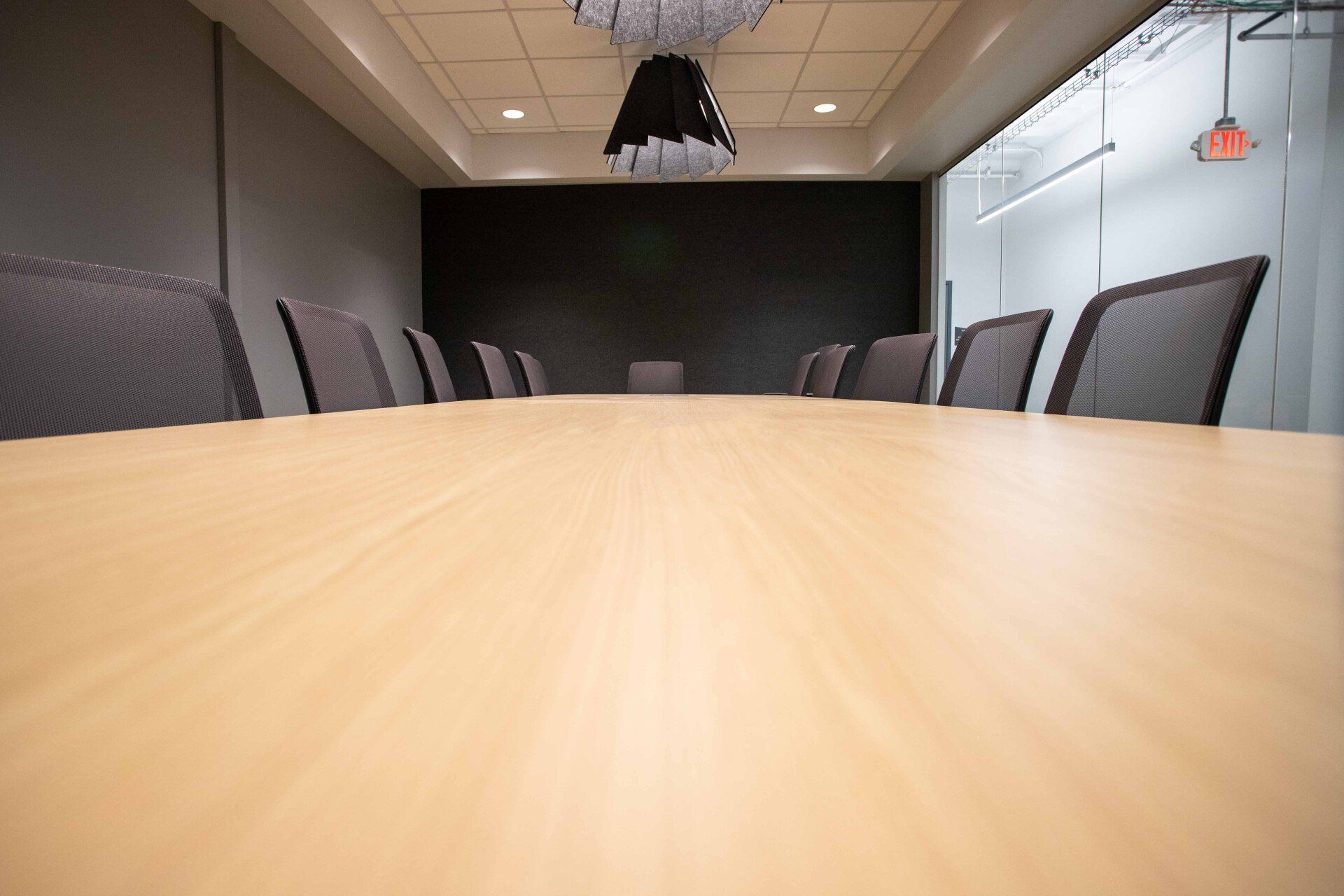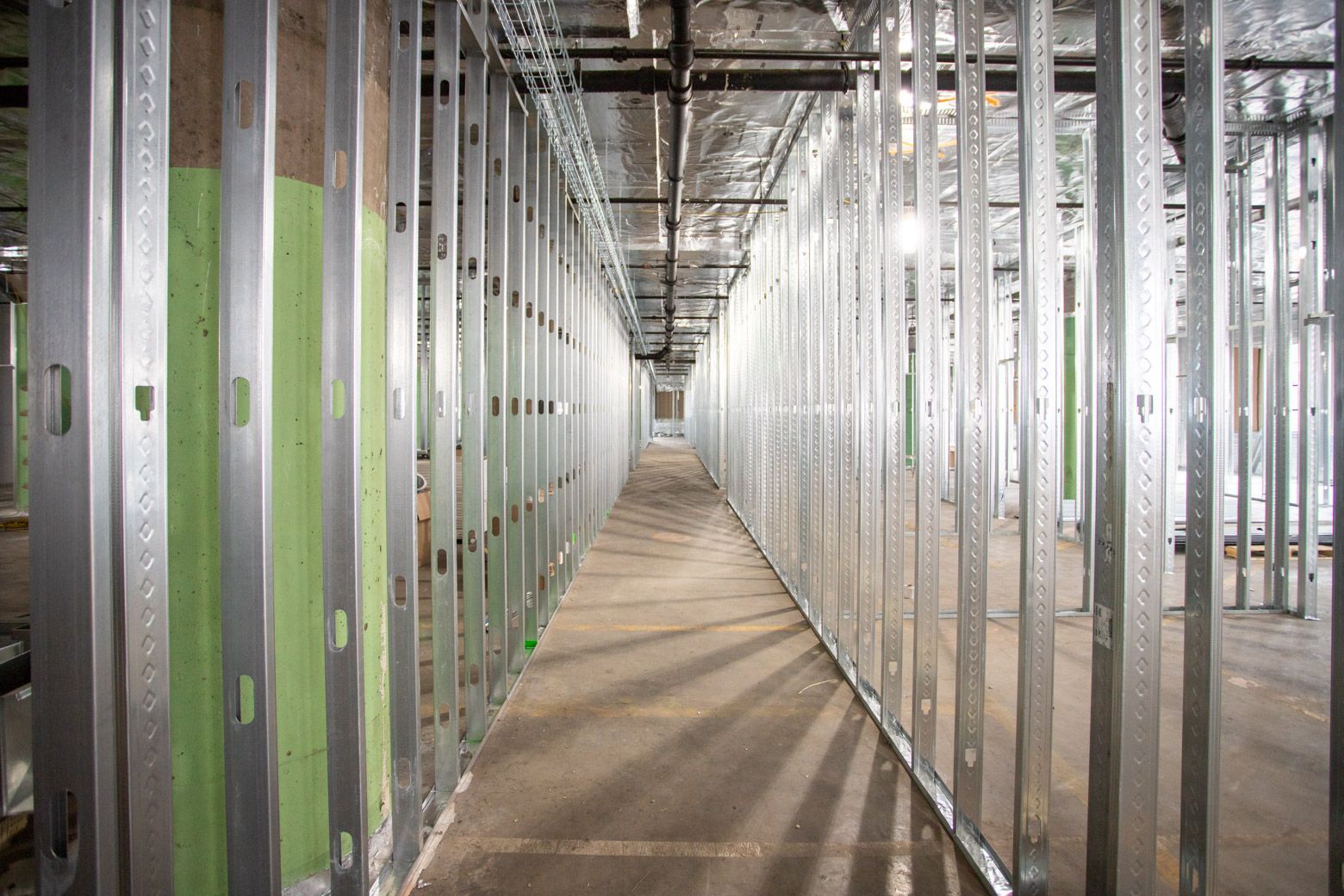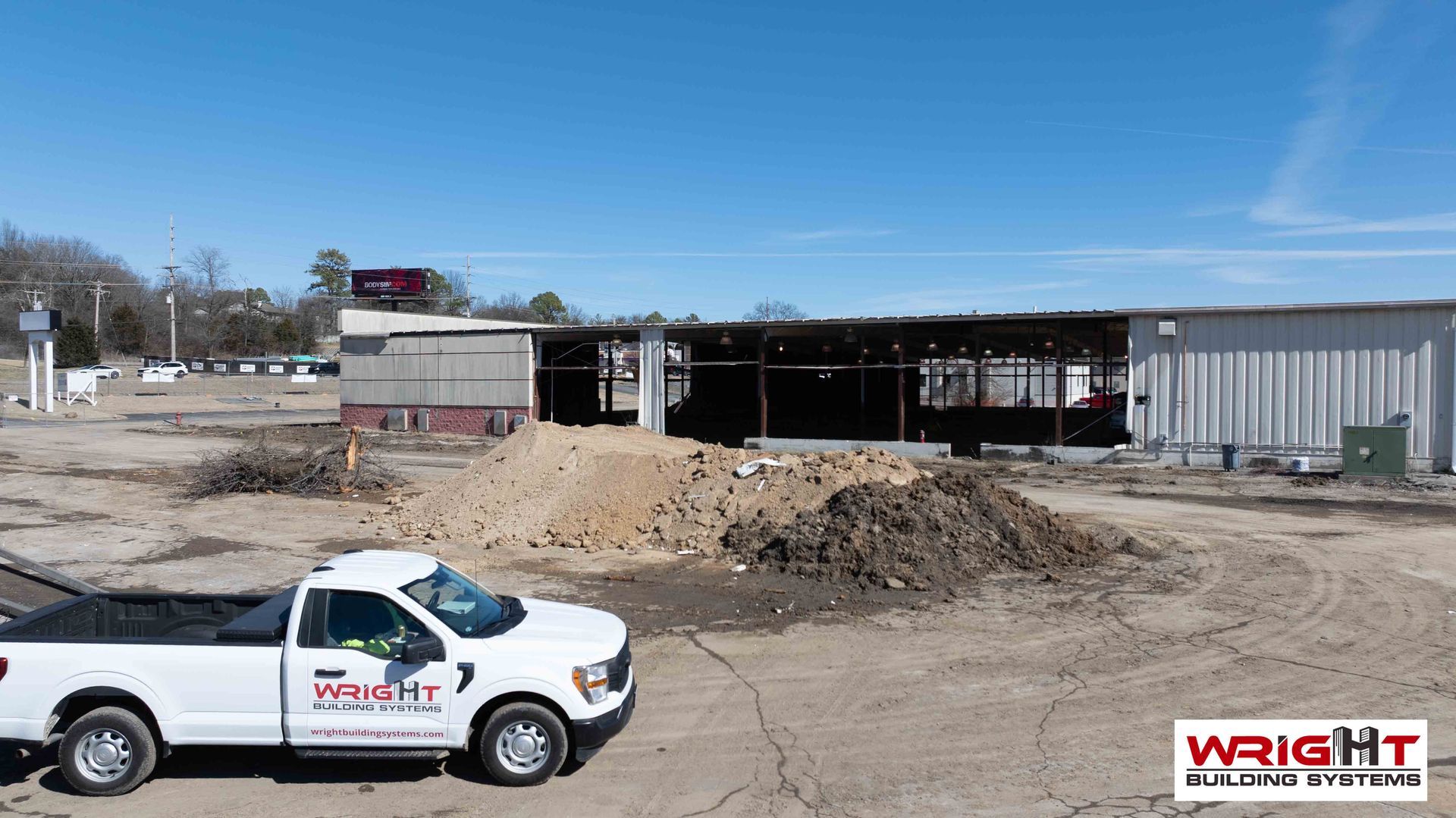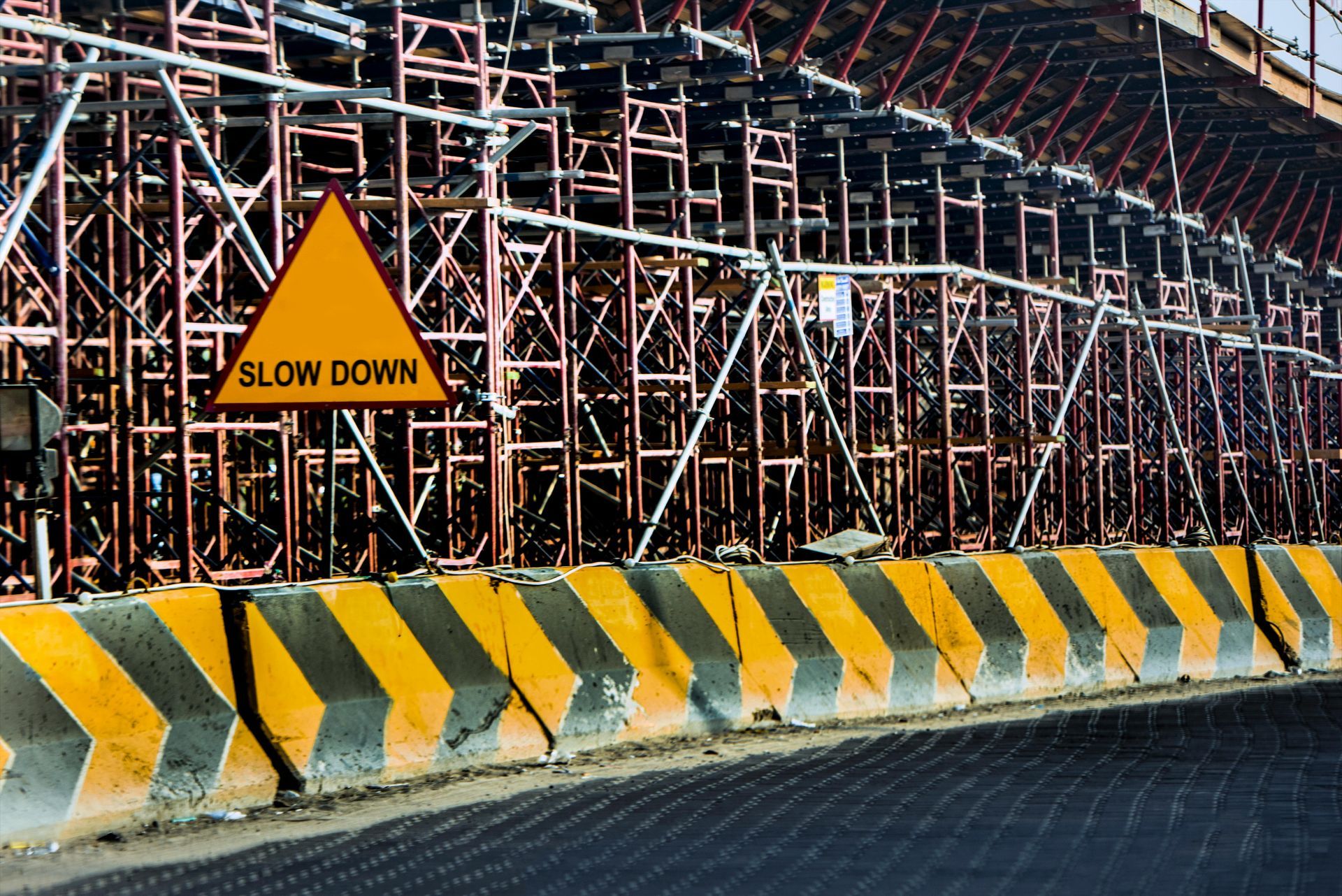What is a SCIF (and Why Your Business Might Need One)
In today's business environment, security isn't just about locks on doors or computer passwords. A higher level of protection is essential for organizations handling sensitive or classified information.
That's where SCIFs come into play.
But what exactly is it, and why might your business need one in the first place?
Explore our helpful guide to kick-start the conversation about whether your organization could benefit from this technically secure space.
What is a SCIF Space?
SCIF stands for Sensitive Compartmented Information Facility. Simply put, it's a secure space designed to store, discuss, and manage highly sensitive or classified information.
Initially developed for government and military use, SCIFs are becoming increasingly relevant for private businesses handling confidential data, intellectual property, or client information requiring the highest level of security.
A SCIF is more than just a locked room. These spaces are carefully designed and constructed to meet strict security standards, often dictated by regulations like
ICD 705, which outlines minimum requirements for construction, access control, and protection against eavesdropping.
SCIFs can be permanent or modular, depending on the organization's needs, and often include reinforced walls, soundproofing, secure access systems, and specialized technology to protect information.
Key Features of a SCIF
Understanding what makes a SCIF different from a regular office or conference room is essential, specifically for those who need to utilize such a space. There are a handful of main features that define a SCIF.
- Physical Security: SCIFs are built to prevent unauthorized access. This often means reinforced walls, tamper-proof doors, and controlled entry points.
- Acoustic Security: Conversations within a SCIF must remain confidential. Soundproofing and acoustic monitoring prevent eavesdropping.
- Electronic Security: Devices that transmit signals, like cell phones or Wi-Fi, are often restricted or carefully monitored. Specialized systems may be installed to prevent electronic spying.
- Access Control: Only authorized personnel can enter; this might involve key cards, biometrics, or strict visitor protocols.
- Compliance Standards: SCIFs must meet specific regulatory standards, ensuring that both construction and operation maintain the necessary security levels.

Why Your Business Might Need a SCIF
While SCIFs have traditionally been associated with government agencies, private businesses increasingly find them valuable. There are several reasons your organization might consider building a SCIF.
Protect Sensitive Client Data
A SCIF can benefit businesses that handle sensitive client information, such as law firms, financial institutions, or consulting companies.
Having a secure space ensures that confidential conversations, documents, and digital files remain protected from unauthorized access.
Safeguard Intellectual Property
For companies developing proprietary technology, patents, or trade secrets, protecting intellectual property is critical.
A SCIF provides a controlled environment where sensitive projects can be discussed, developed, and reviewed without the risk of leaks.
Secure Strategic Planning Sessions
High-level meetings often involve discussions about mergers, acquisitions, or new business strategies.
Conducting these sessions in a SCIF ensures that sensitive corporate information is kept confidential, minimizing risk and maintaining a competitive advantage.
Meet Contractual or Regulatory Requirements
Some industries require a higher level of security for compliance purposes.
For example, contractors working with government agencies may be required to have SCIFs on-site to handle classified information.
Investing in a SCIF ensures your business meets these standards and avoids costly compliance issues.
Enhance Client Confidence
Having a SCIF can also mark professionalism and trust. Clients and partners know that your organization takes security seriously, which can help build stronger relationships and attract business that requires the utmost confidentiality.

Types of SCIFs for Businesses
Businesses have several options for SCIFs, depending on their needs and budget.
Permanent SCIFs are custom-built rooms or facilities designed for long-term use, making them ideal for organizations with ongoing high-security requirements.
Modular SCIFs, on the other hand, are prefabricated or portable units that meet the same security standards as permanent SCIFs. They provide a cost-effective solution for companies that need flexibility or temporary secure spaces.
Additionally, some organizations choose to integrate SCIFs into existing office layouts, converting conference rooms or other spaces into secure areas without the need for entirely new construction.
Work With Wright Building Systems
Building a SCIF or other high-security commercial space has unique challenges that can affect timelines and project success at any stage.
From meeting strict regulatory requirements to coordinating specialized materials and skilled labor, careful planning is essential to avoid costly delays.
Greater St. Louis business owners consistently
trust Wright Building Systems to manage these complex projects from start to finish. We are committed to safety, security, and delivering finished spaces that exceed expectations.
Our dedicated team has the experience, technical skills, and specialized equipment needed to complete your project efficiently and to the highest standards.
Let's get in touch today to discuss how we can help bring your secure facility project to life.



